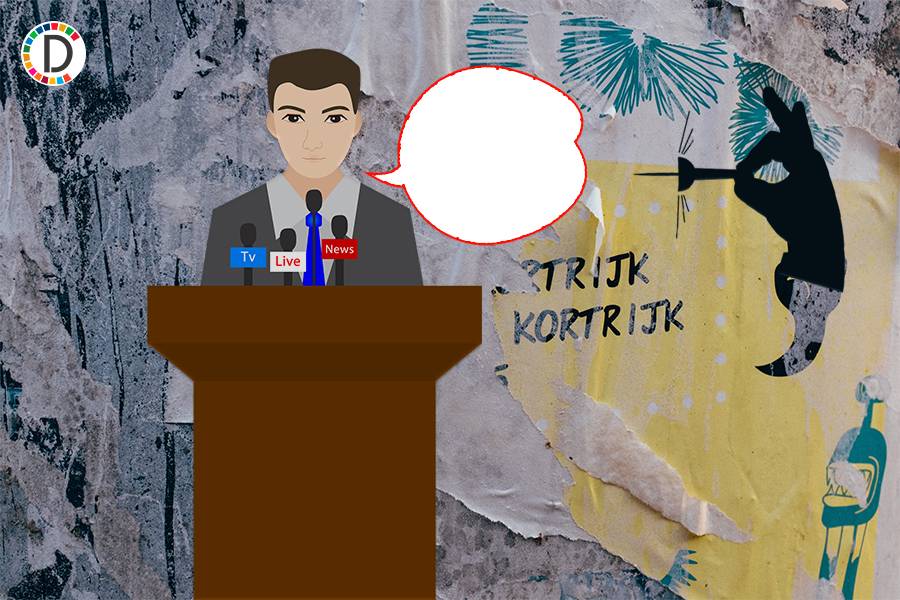Turmoil in South Sudan: President Salva Kiir's Power Moves Amid Economic Struggles
South Sudan's President Salva Kiir has dismissed his finance and investment ministers, the seventh such change since 2020, amid economic challenges and fears of renewed conflict. The IMF forecasts a 4.3% economic contraction and 65.7% inflation for 2025. Kiir first became president in 2011.

- Country:
- Kenya
In a significant political upheaval, South Sudan's President Salva Kiir has dismissed Marial Dongrin Ater from his position as finance minister, marking the seventh replacement in the role since 2020. The announcement, broadcasted on state-owned radio, named Athian Ding Athian as Ater's successor.
This decision comes amidst a backdrop of national economic distress, exacerbated by communal violence and disrupted oil exports following civil strife between 2013 and 2018, compounded by current conflicts in neighboring Sudan. The International Monetary Fund forecasts dire economic conditions in South Sudan, predicting a 4.3% contraction and inflation soaring to 65.7% in 2025.
Amid internal political tension, First Vice President Riek Machar's recent house arrest has raised fears of potential unrest, drawing international attention. Despite government claims of Machar's efforts to incite rebellion, his party has strongly denied such accusations, underscoring the fragile state of South Sudan's political landscape.
(With inputs from agencies.)










